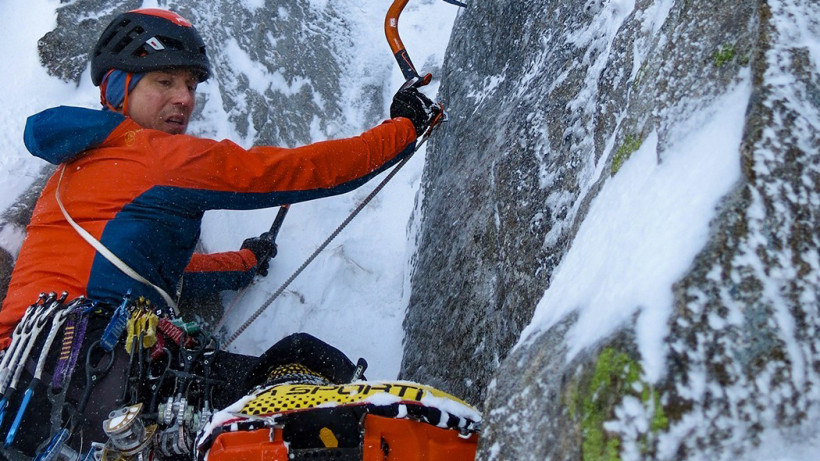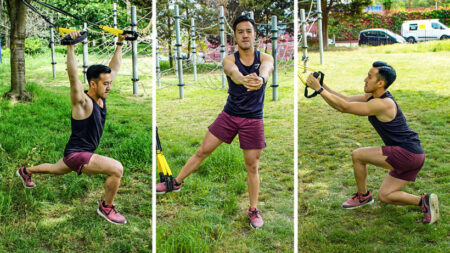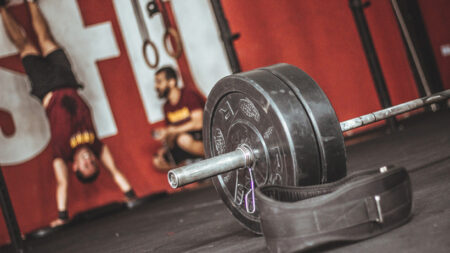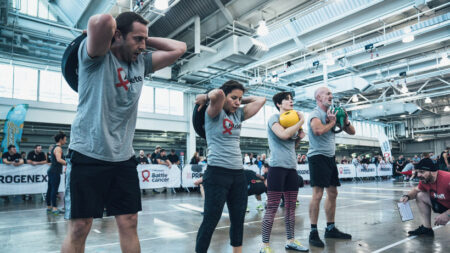We speak to climber Neil Gresham to find out how he trains and what kit he uses to do it
In our Checklist series of interviews we feature amazing people doing inspirational things in the world of fitness and the outdoors. This week we speak to Neil Gresham, a leading climber who has travelled around the world searching for new and exciting challenges.
Tell us about yourself…
I’m a passionate rock and ice climber as well as coach. I participate in a wide variety of climbing disciplines and have done E10 trad, 8c+ sport and WI 7 ice climbs. My favourite style of climbing is deep water soloing (where you climb above the sea without ropes).
I love climbing in the UK but am also a huge fan of expeditions and have made first ascents all over the world in countries such as Brazil, China, Cuba, Mongolia, Vietnam, Oman and Iceland.
What are you training for currently?
At the moment I’m training for an unclimbed trad line that I’ve been trying on a mountain crag on my home patch in the Lake District.
What kind of schedule/program do you follow?
I write my own plans and also run an online personalised training service at neilgresham.com. I usually follow a periodised program that accommodates minor changes along the way. The nature of climbing dictates that you need to strike a balance between structure and flexibility (things like weather and conditions often disrupt plans). My goals are always wide-ranging and fairly specific. An example would be to increase my finger-strength in a certain type of grip (such as the all important half-crimp) or to do more laps of an endurance circuit, with shorter rest intervals and so on.
How do you evaluate your performance in a training session?
In certain sessions such as campusboarding and fingerboarding you can measure the progress in terms of number of reps, amount of weight used, length of hang times and so on, whereas when you’re climbing it often comes down to a feeling (as improvements sometimes come about as a result of skills and technique as opposed to physical gains). Either way, it’s usually pretty clear if the session is good – you just feel strong, fit and sharp, and you get up stuff!
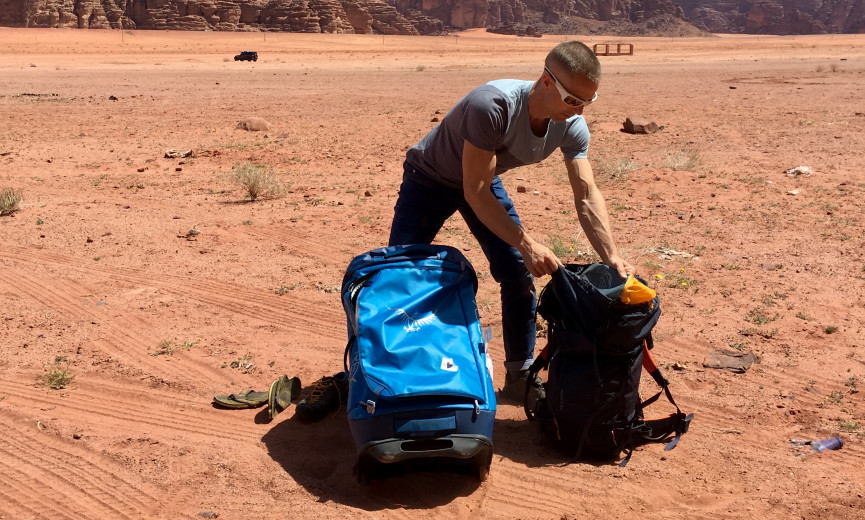
Do you have a kit sponsorship?
I’m an ambassador for Osprey Europe.
What are the key items in your kit bag?
My training bag itself is an Osprey Transporter 40 (Osprey | Amazon). It’s incredibly robust, really easy to access your kit and I love the different carrying options (rucksack harness, shoulder strap or grab handles).
I also use the Osprey Mutant (Osprey | Amazon) climbing pack which has essential features for carrying specialist gear as well as a back system and harness that allows for a full range of movement.
Then there’s my Petzl chalkbag (Petzl | Amazon) and the usual accessories such as brushes, stretch-bands and possibly a diver’s weightbelt, depending on the type of session.
Where’s the best place you’ve ever trained or competed?
I suppose the most spectacular competition was a stage of the Ice World Cup in 2000, which took place on an artificial ice climbing structure that towered over the skyline of Quebec city in Eastern Canada.
What’s the exercise you hate doing the most?
I’m not a big fan of doing long ‘aero-cap’ style sessions as I get a bit bored and miss trying hard. I also question how worthwhile they are for me, although this is probably an excuse.
Quickfire questions
What’s your ultimate workout song?
I listen to John Digweed’s radio podcast show, Transitions.
How many pushups can you do in one go?
50 (ish).
If you could compete/train anywhere in the world where would it be?
I’d like to visit one of these new super-walls in Japan, where they seem to be cloning world champions. Other than that, I like the walls where I train currently, such as Boulder UK in Preston and Lakeland Climbing Centre.
Who’s your fitness/sporting hero?
My Dad.
Is there any sport you’re really bad at?
Any ball sport or team sport.
What’s your favorite post-competition/challenge meal?
Curry.
Supplement or all-natural?
Mainly natural but I do take BCAAs, Vitamin C and Magnesium. I also use Bulletproof Brain Octane MCT Oil (Bulletproof | Amazon) when I’m following a low-carb peaking strategy.


